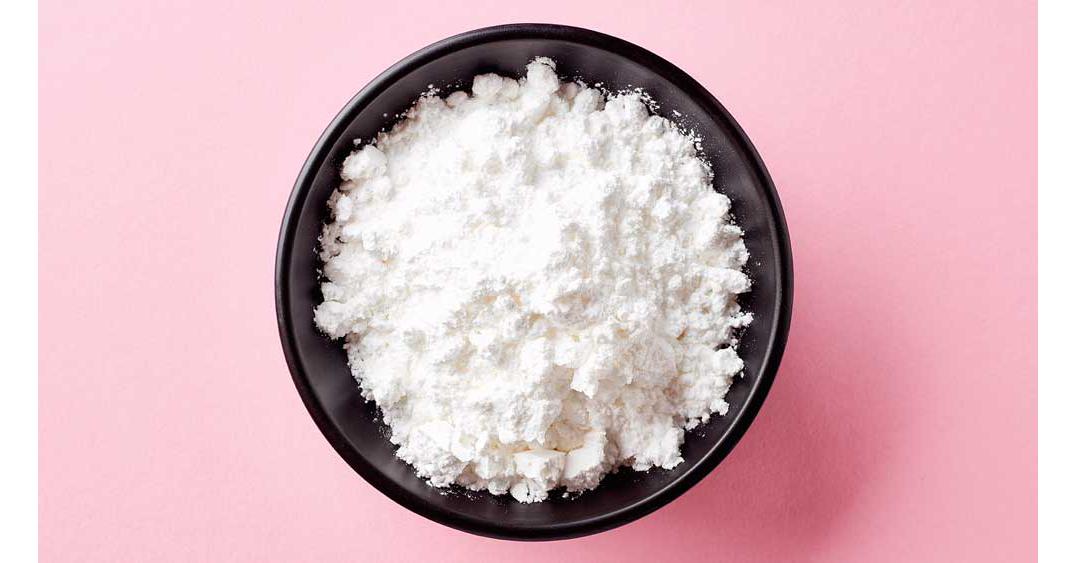Properties of PVA

PVA is a water-soluble polymer that has excellent film-forming and emulsifying properties. It is also resistant to oils, grease, and solvents. PVA is a thermoplastic material that can be easily processed by various methods, including injection molding, extrusion, and blow molding. It has remarkable tensile strength, abrasion resistance, and elasticity properties, making it an attractive material for various applications.
Applications of PVA
PVA has a wide range of commercial and industrial applications, including:
Textiles: PVA fibers are commonly used in the textile industry to manufacture fabrics that have excellent water absorbency, durability, and softness properties.
Adhesives: Binders, adhesives, and coatings that contain PVA are commonly used in the manufacture of various products, including food packaging, paper, and timber.
Coatings: PVA coatings are used to protect surfaces from exposure to moisture, air, and other environmental elements. They are commonly used in the manufacture of films, plasters, and paints.
Medical implants: PVA is biocompatible and can be used to create medical implants, such as artificial tissues, sutures, and wound dressings.
Manufacture of PVA
PVA is produced by the polymerization of vinyl acetate monomer using a radical polymerization process. The polymerization of vinyl acetate can be carried out in either aqueous or non-aqueous medium. The use of an initiator and catalyst is necessary for the reaction to occur. Once the polymerization is complete, the resulting polymer is purified and then hydrolyzed to produce PVA.
The physical and chemical properties of PVA can be modified by controlling the polymerization conditions and degree of hydrolysis. The degree of hydrolysis is a critical parameter that affects the solubility, viscosity, and tensile strength of PVA. PVA with intermediate degree of hydrolysis, such as PVA 1798, is commonly used in the textile industry to manufacture fibers that have excellent strength and solubility properties.
Conclusion
PVA is a versatile substance that has a wide range of applications in various industries. It is a water-soluble polymer that has excellent film-forming, emulsifying, and adhesion properties. The manufacture of PVA involves the polymerization of vinyl acetate monomer and subsequent hydrolysis to produce PVA. By controlling the degree of hydrolysis, the physical and chemical properties of PVA can be modified. PVA 1798 is a commonly used PVA grade that is used in the textile industry to manufacture fibers that have excellent strength and solubility properties.
In conclusion, if you are looking for a PVA manufacturer in China, be sure to choose a trusted supplier that can provide competitive pricing and high-quality products. With PVA being such a versatile material, it’s no wonder it has become a staple in so many industries, and its applications are only set to grow in the future!